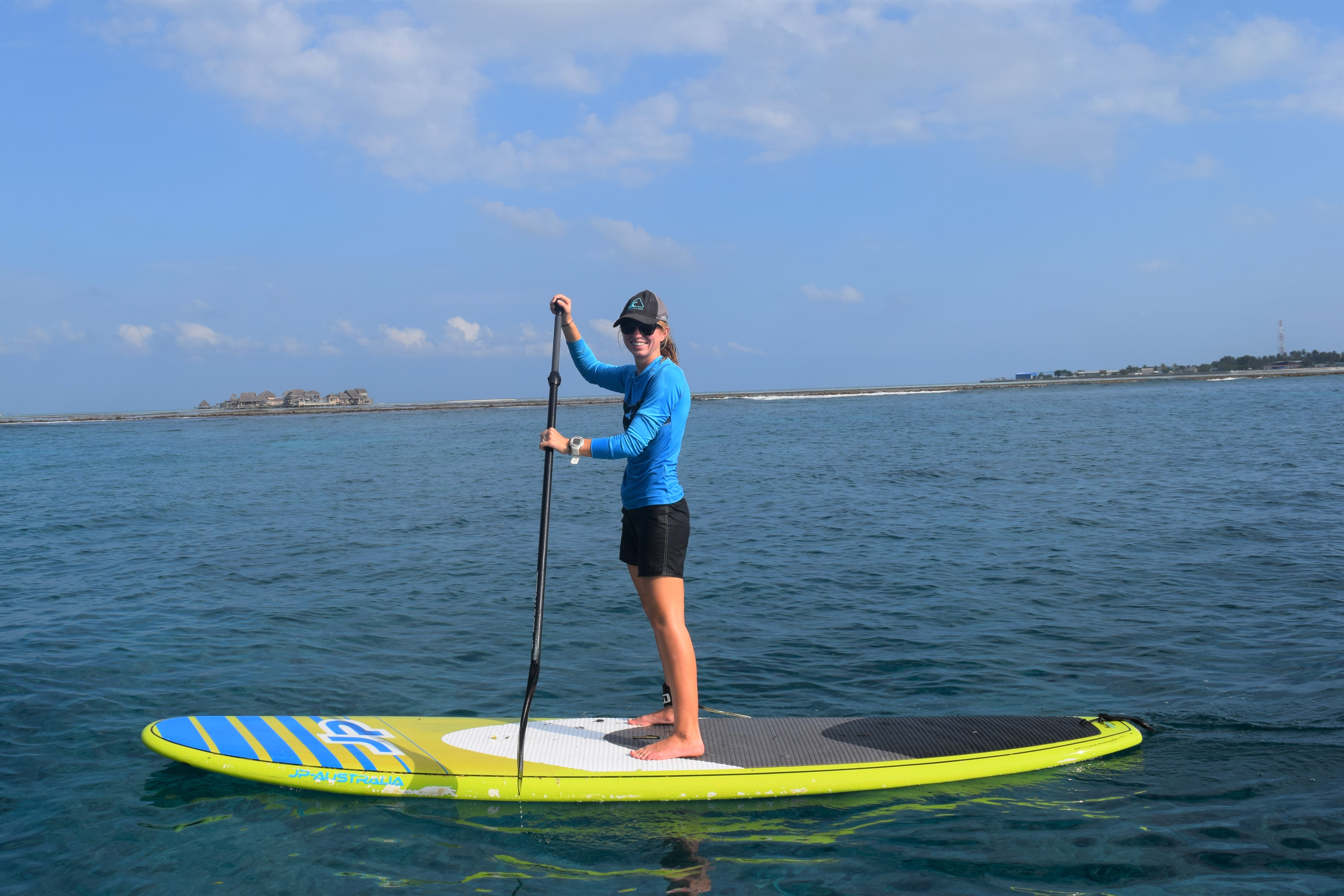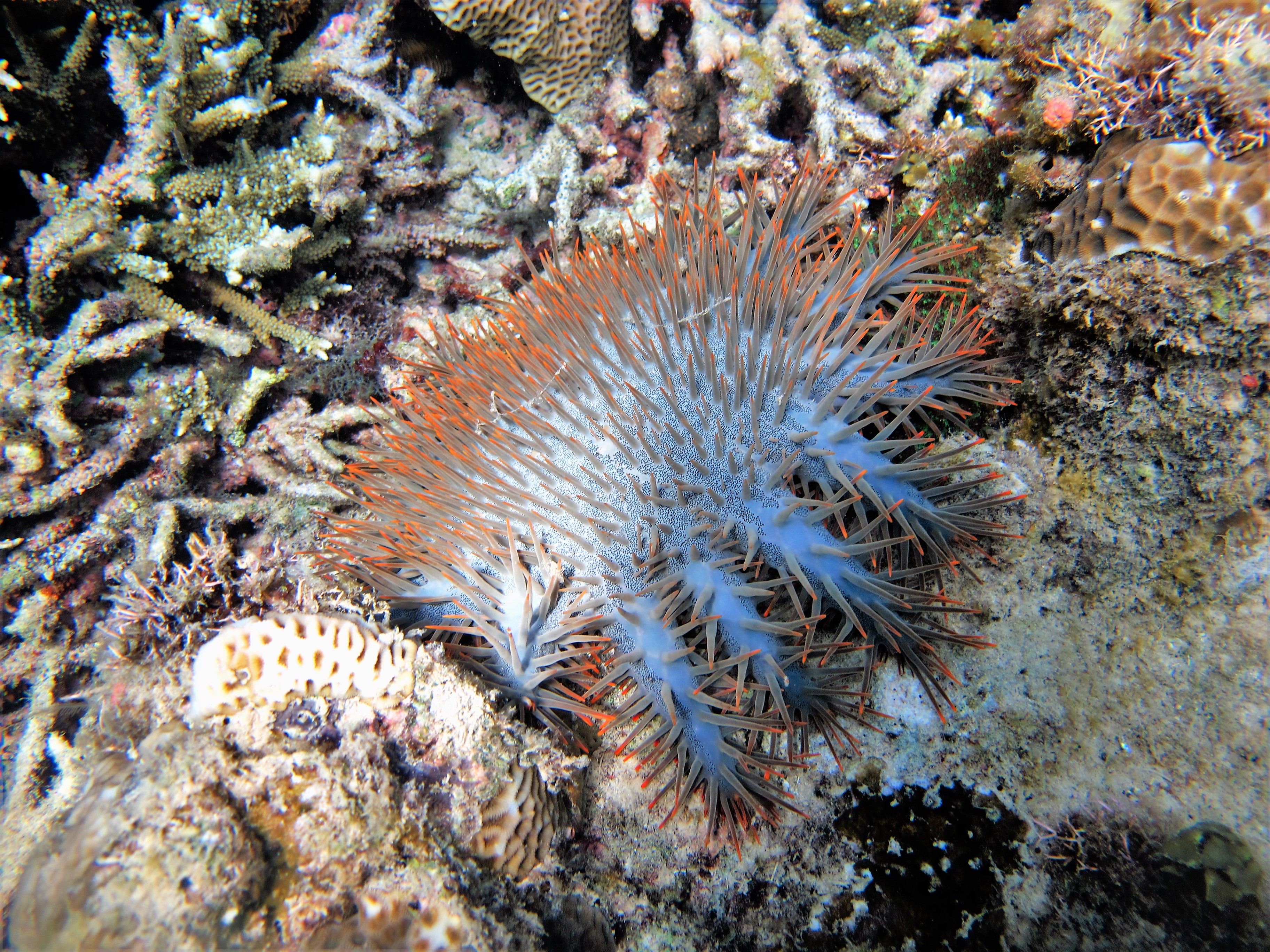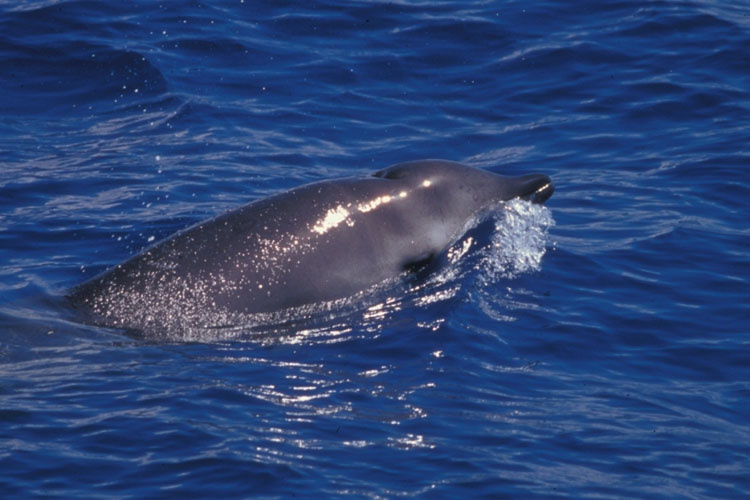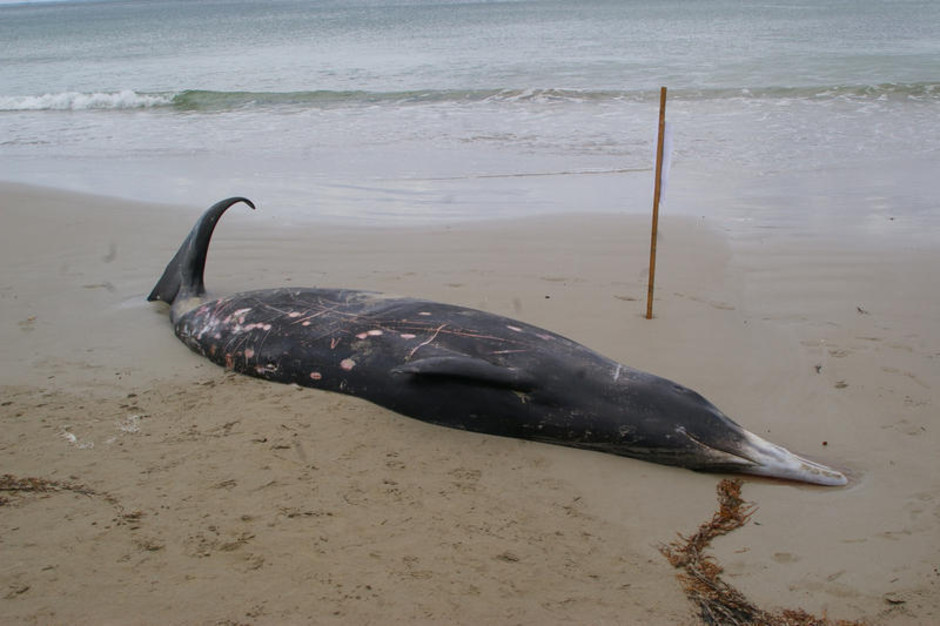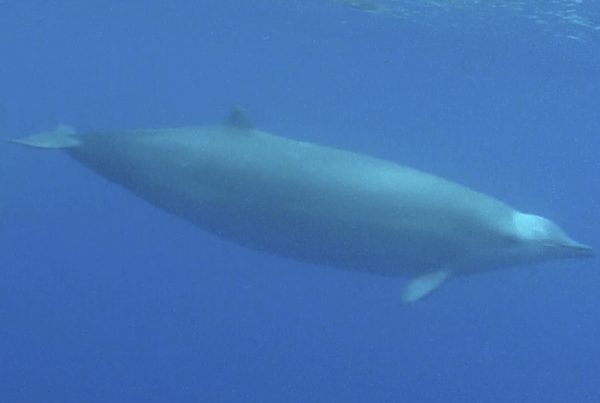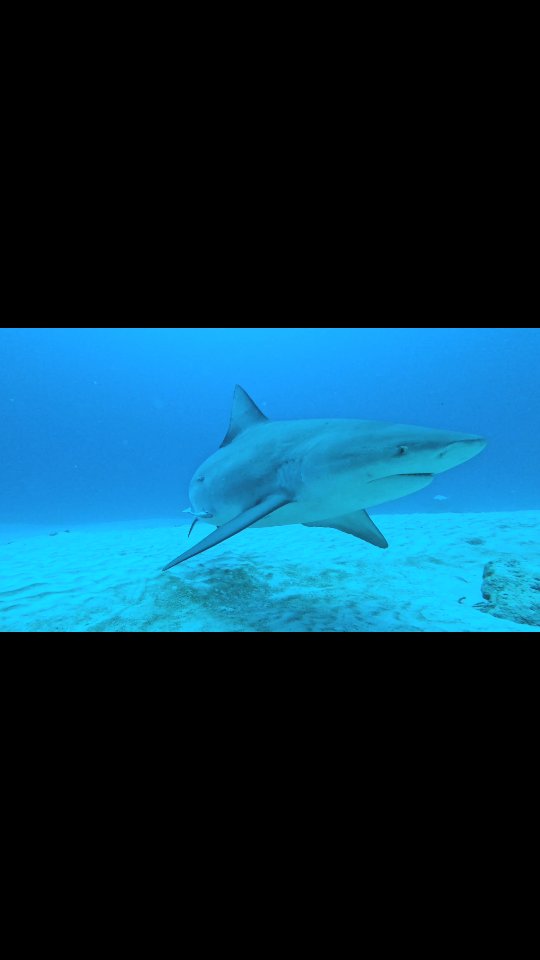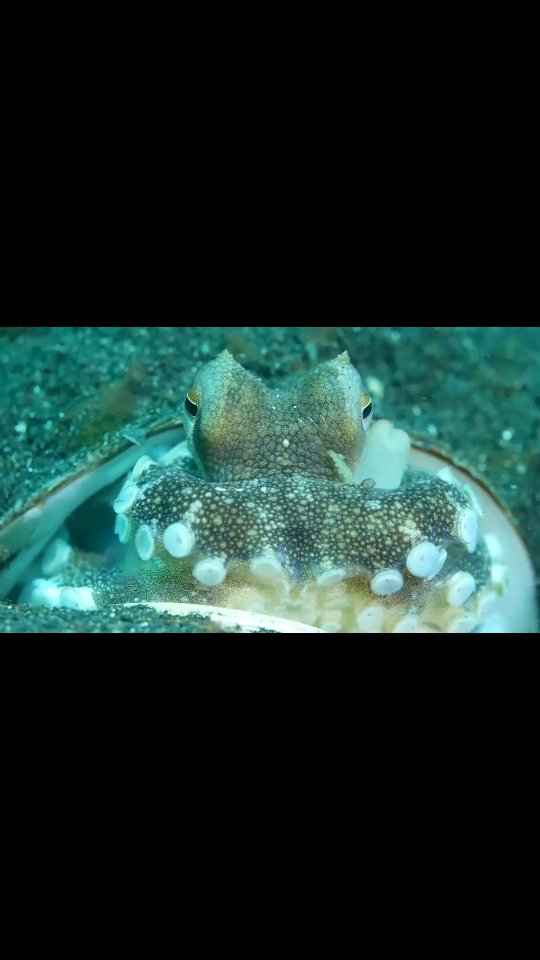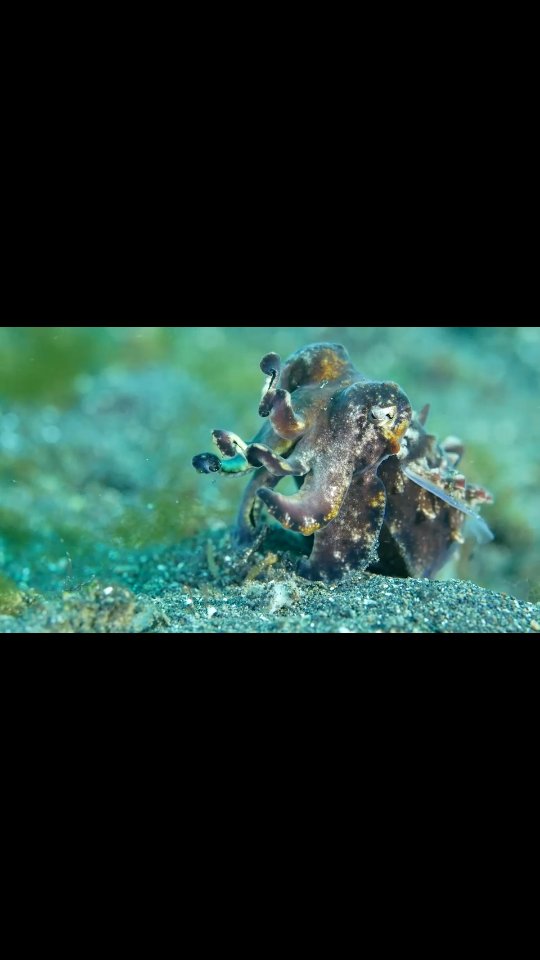Emma Bell – MSc Student, University of Portsmouth
We have awarded a research grant to Emma Bell who is looking into the areas of importance for Beaked Whales within the Bay of Biscay.
Emma is a marine biology graduate who is currently undertaking a MSc in Coastal and Marine Resource Management at the University of Portsmouth. She has had the privilege of working in Greece, Seychelles and Maldives. She worked in aquaculture research where she focused on hormonal manipulation of a pelagic fish species. In addition, she has experience with coral restoration projects; habitat restoration and monitoring; educational activities; leading conservation activities and workshops; conservation training; and social media updates. Emma started her career working as an intern in the Maldives. Since then she has experienced many other positions. For her, inspiring people and raising awareness for conservation is a huge passion and she hopes that this project will have a positive environmental impact.

